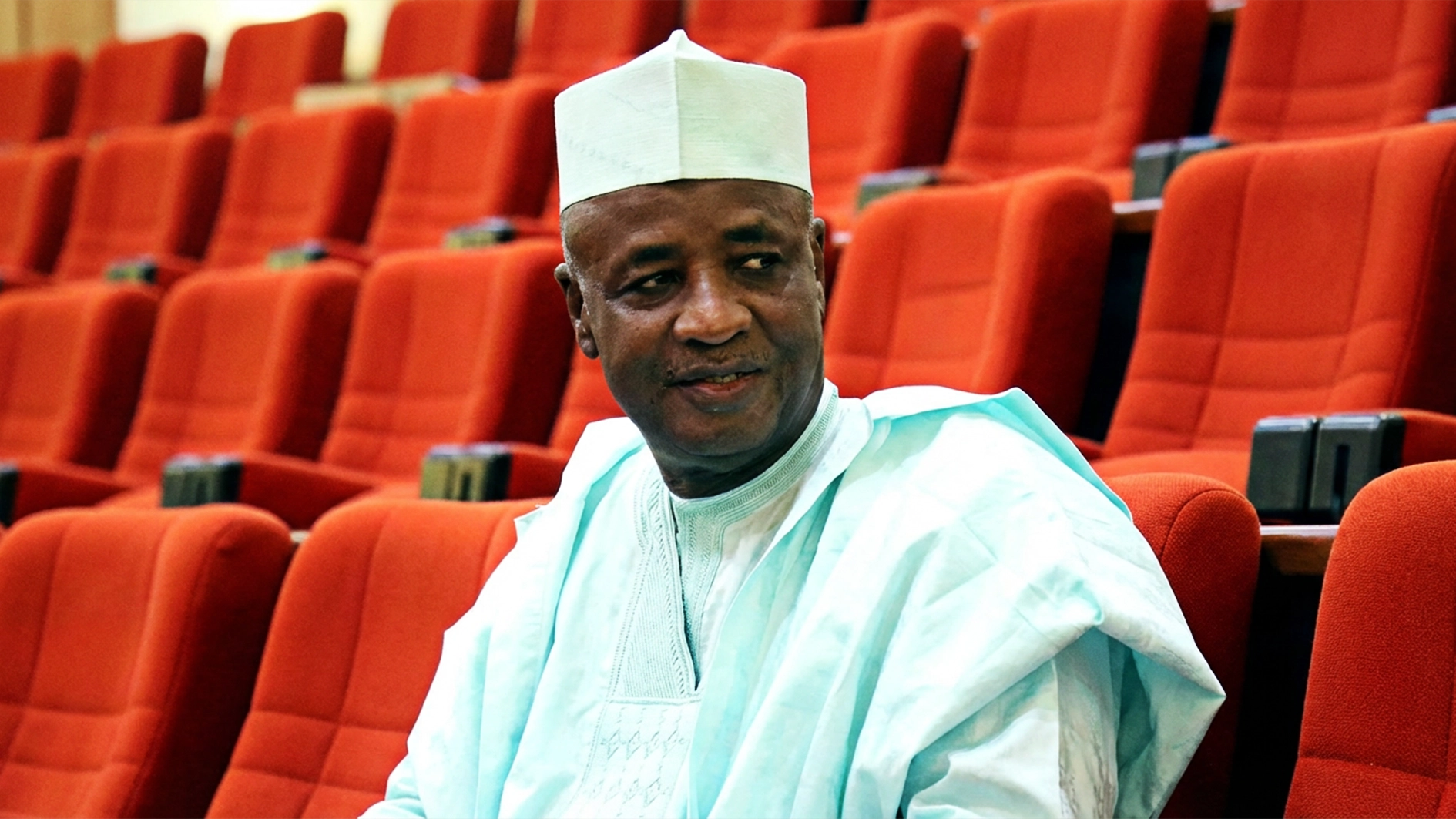 Nigeria’s President Bola Ahmed Tinubu was reportedly listed among the top three most corrupt leaders in the world by the Organised Crime and Corruption Reporting Project, behind the recently ousted Syrian Kenyan President, leader Bashar Al-Assad and William Ruto.
Nigeria’s President Bola Ahmed Tinubu was reportedly listed among the top three most corrupt leaders in the world by the Organised Crime and Corruption Reporting Project, behind the recently ousted Syrian Kenyan President, leader Bashar Al-Assad and William Ruto.
Tinubu has on several occasions, acknowledged the challenge of corruption and outlined ways to deal with the menace, some of his declarations include: “No to corruption, we must fight corruption, or corruption will go away.” Unfortunately, with the current state, he is yet to find a clear solution to the massive corruption in Nigeria.
Corruption seems to be so endemic and innate to the Nigerian system that it has been estimated that Nigeria has lost $400 billion to corruption since independence. However, this claim might not be accurate. Different governments and regimes, both civil and military, have had their share of corruption-related scandals since the country’s inception. Even the previous president Muhammadu Buhari’s government, with its perceived anti-corruption stance, has been accused of massive corruption in an unprecedented manner.
In the 2023 Corruption Perception Index, Transparency International scored Nigeria 145th among 180 countries listed. A 2024 report on Nigeria’s corruption, facilitated by the United Nations Office on Drugs and Crime, estimates that roughly $1.3 billion was paid in cash to bribe public officials in 2023. According to the report, corruption in the private sector increased significantly from 6 per cent in 2019 to 14 per cent in 2023.
Despite the increase in the deployment of e-governance, the incidence of corruption in public institutions, such as the Nigeria Police Force, the health sector, the civil service, and other government institutions has been alarming. In 2003, the Nigeria Police Force was indicted as the most corrupt institution in Nigeria, according to a corruption survey by the Institute of Development Research at Ahmadu Bello University, Zaria.
The Nigeria Corruption Pattern and Trend Report states that corruption remains one of the biggest problems affecting Nigeria, ahead of increased cost of living, insecurity, and unemployment. Nigeria’s economic misfortune, compared to its peers like Singapore, Vietnam, China, and others, is a testament to the incapacitating power of corruption.
While many efforts, such as strengthening the judiciary, empowering and equipping anti-graft bodies, implementing civil service reforms, ensuring transparency in government, pursuing economic reforms, and enhancing education, can help end or at least curtail the spread of corruption in Nigeria, one other powerful measure is the deployment of technology and data.
Data to the rescue
Data does not lie. It serves as a mirror, reflecting the current state of affairs and highlighting potential solutions to problems. However, like raw gold, data needs refining to reveal its full value. This is where data analytics comes in. Data analytics provides meaning and substance to the information we collect.
Data analytics is the process of analysing raw data to determine trends and enable better decision-making. It cleans, transforms, and models data to uncover vital information, draw conclusions, and support decision-making. Data analytics curbs corruption, fraud, violations, and other non-compliance in the private and public sectors. Nigeria’s fight against corruption cannot be restricted to strict compliance mechanisms, whistleblowing efforts, simple periodic auditing, or heightened standards of interaction. Technology must be deployed as the core of this fight, with data spearheading the campaign.
While it is true that corruption in Nigeria is systematic, a robust, data-driven compliance program is essential for reducing the risk of corruption. With data analytics, compliance monitoring systems can be deployed to continuously pinpoint suspicious financial transactions and identify abnormalities while monitoring companies and individuals susceptible to involvement in unlawful financial schemes.
With predictive analytics available, data can be instrumental in helping investigators or organisations identify areas and individuals prone to corruption and subsequently implement measures to prevent such incidents. Data is essential for evaluating the success of previous anti-graft initiatives and assessing the viability of past and future anti-corruption policies.
Combating corruption in Nigeria requires a multi-pronged approach. Rigorous scrutiny of budgetary allocations and public project spending, coupled with in-depth data analysis can expose discrepancies and potential irregularities. Furthermore, leveraging AI and machine learning technologies, powered by comprehensive datasets, can effectively identify potential and active corrupt relationships between individuals and entities.
Data analytics ensures transparency in Nigeria’s tax collection, public health, oil and gas industry public procurement, budget tracking, law enforcement and citizen engagement. While it offers powerful tools for preventing and detecting corruption, its effectiveness hinges on a strong political will, robust enforcement mechanisms, and a culture of transparency. Meanwhile, anti-graft agencies must be trained to employ data and data analytics to fight crimes.
Online portals and dashboards have made citizen engagement significantly easier. This enhances transparency, data-driven journalism, citizen-led initiatives and business development insights. For instance, Chicago, a state in the US, challenged with transparency and accountability issues in the city’s government, particularly regarding issues like crime, public safety, and infrastructure, established an open data portal, making a wide array of city data publicly accessible, encompassing crime statistics, building permits, 311 service requests, and transportation data.
One specific case study is how Saudi Arabia transformed its state-owned oil and gas company, Aramco, into the world’s leading oil and gas company. This feat was achieved by leveraging data to understand reservoir characteristics, predict equipment failures, optimise supply chains, and enhance refining processes. Ultimately, this increased production efficiency, reduced costs, improved operational efficiency, enhanced safety, drove innovation and gained a competitive edge in the global energy market.
The Nigerian government and private institutions must urgently embrace data-driven approaches to combat corruption. This requires investing in data infrastructure, fostering a culture of data transparency, and empowering citizens with data-driven tools for accountability.






